Then, these digital programs gradually became part of daily operations until they became unavoidable or even a routine or, worse, a continuous inconvenience. And this is all the more true since they have, by design, no end. After the digitalization of offers and the automation of processes, we are now fully entering into artificial intelligence and data analysis, and other digital subjects will follow. As a result, digital innovations are no longer driving business transformation or employee engagement as strongly. What will be the next lever?
Some organizations have focused on culture, but this has often proved to be too internal. Today, it is the societal lever that will structure transformation plans. This approach is very much linked to the company’s raison d’être: the company’s usefulness to its customers and society is highlighted. Depending on its activity, this link is more or less direct. But in any case the formulation is essential. Among the current examples, companies with a mission in line with the Loi Pacte (French law for growth and transformation of companies) use their societal vision to drive their change.
Societal transformation is then based on the three pillars of CSR. The first pillar, the environment, transforms the company’s practices: sorting waste, limiting business travel, working on the ecological impact of activities, developing ethical channels with suppliers, etc. Then comes the social pillar, it modifies internal operating methods: a management that listens more, employee engagement initiatives, diversity and inclusion, enhanced skills development, etc. The company must also contribute more broadly to the development of education, major causes, associations, etc. Finally, the third pillar, governance, makes it possible to involve all stakeholders (employees, shareholders, customers, etc.) in the management of the company, and to ensure that the above measures and ethics are applied.
The issues raised in this way create a global transformation, affecting the organization of the company, its activities, management, etc. It will be all the more effective if it is holistic: a single isolated action will not have the desired effect, whereas the coherence of several projects, on different themes, carried out by actors from several functions (HR, strategy, CSR, etc.) and levels, will generate significant impacts and an overall dynamic.
Societal transformation must also be concrete and embodied. Many observers note that actual in-depth actions are overlooked in favor of the marketing aspect of these subjects. This contradiction can be overcome by setting an example, particularly for senior managers, and by aligning discourse and action, but also by defining measurement indicators and using certifications.
Finally, whereas the digital transformation was technical and cultural, the societal transformation is socio-cognitive: it modifies the relationship between people and their environment, notably through the strengthening of our attentional capacities (taking care of the environment, others, etc.).
Accelerating and supporting the development of these capacities/skills is therefore becoming a major challenge for companies.















